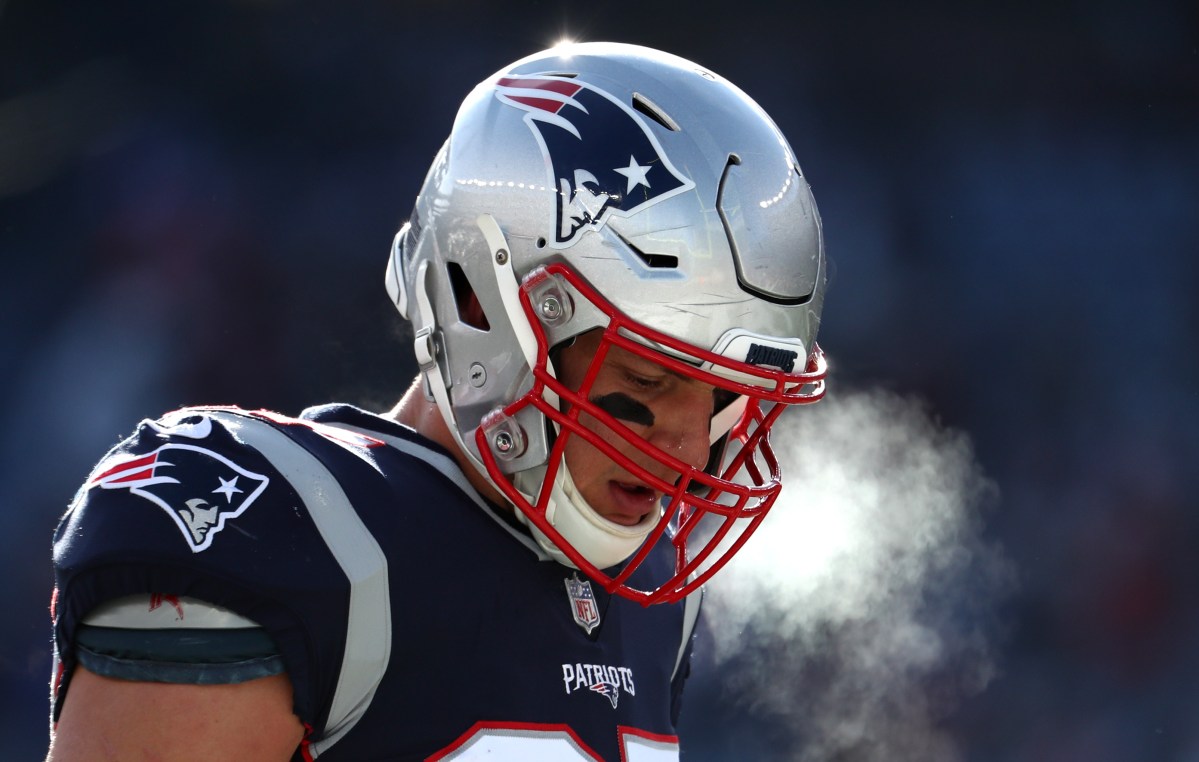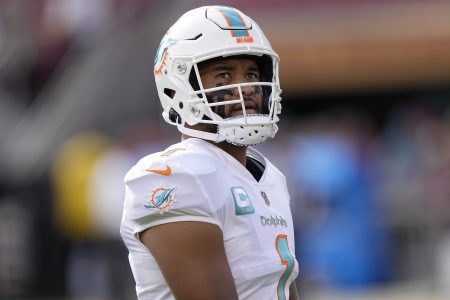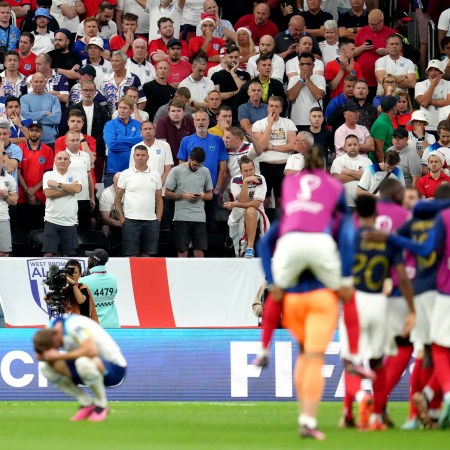When asked to define the mythical “Patriot Way” a few years back, Coach Bill Belichick demurred, saying: “Yeah, I don’t know that I’ve ever used that term. I’m not really sure what that is either. I appreciate you asking about it though, but I don’t know. It’s a good question.”
Was he telling the truth? No, not really. Players from Tom Brady to Tedy Bruschi to Marshall Faulk all offered their interpretations of the franchise’s expectations during its 20-year, six-Super Bowl run, which tend to gravitate to a few, familiar words: accountability, preparation, sacrifice. Belichick can pretend he knows nothing of the Patriot Way, but he knows that we know that he likes to say “Do your job.” Those NFL Films hot mics are good at doing their job.
Because New England’s model was so wildly successful — earning its backups and assistants high-profile promotions throughout the league — it’s easy to view the Patriot Way as the right way to do things. But consider: while it worked for the greatest NFL player of all time, it didn’t work for the second-best Patriot of all time.
Rob Gronkowski has been on a tell-all tour ever since he got out of Foxborough, even shedding tears at press junkets as he’s reflected on what his years as a Patriot did to his mental health. ““I was not in a good place,” he said a couple years ago. “Football was bringing me down and I didn’t like it. I was losing that joy in life. I really was. I was fighting through it. I knew what I signed up for and I knew what I was fighting through. I knew I had to fix myself.”
Did Tua Tagovailoa’s Concussions or Damar Hamlin’s Injury Hurt NFL More?
A Morning Consult survey was conducted after Hamlin’s incident three weeks agoSportswriters have long speculated that injuries were the root cause of Gronkowski’s woes; he has a prodigious list of maladies for a 33-year-old man, spanning from a pulled hip, to a vertebral disc hernia, to a lung puncture. He even once tore his ACL and MCL in the same play…while suffering a concussion.
But a broken body wasn’t enough to keep him from returning to football, which he did in 2020 to win a ring with Brady and the Tampa Bay Bucanneers. A broken spirit, though, has evidently kept him from returning to New England. The place did a number on his mental health, and four years (!) removed from his last game with the Patriots, he’s still publicly processing the experience.
In a recent appearance on Up & Adams, a show hosted by FanDuel TV, Gronkowski remembered: “If we won a game, the next day it felt like we still lost a game.” But on the flip side: “If we lost a game, it felt like you were in super depression for like two days at the Patriots, or like for the whole week…So that’s what made you really want to win the games when you were with the Patriots, because you didn’t want to ever feel that depression feeling for the two days after the game. You’re like, ‘We have to win the game. We have to win the game so we have a good week so we feel good tomorrow.”
Sad Gronk: it sounds like a glitch in the simulation. But while the rest of the league’s fans became besotted with the “tuddy”-loving tight end — in spite of their Patriots hate — Gronkowski was sucked into the New England machine eventually, forced to march in lockstep with the rest of his coaches and teammates. It clearly took a toll on his attitude and self-worth.
This isn’t a PSA to feel bad for Gronk, who earned $70 million during his NFL career (plus whatever he reeled in from endorsement deals). But it’s a reminder, perhaps, that no matter how much they make, how many rings they win, or how willingly we’d swap our situations with them, professional athletes remain employed human beings, who are as susceptible to the emotional rigors of a demanding job like anyone else.
And the rigors Gronk faced, you could argue, are a lot harder than a shitty commute. It’s worth noting that this latest riff on his career was a response to how the Dallas Cowboys should feel about their early playoff exit. Gronkowski didn’t chastise the team’s poor play — he celebrated them for making it this far. “If you give it your all, all year long, you’re always banged up, fighting through injuries, that’s something that’s pretty amazing that you accomplished, getting through a whole NFL season.”
Good for Gronk for being open and vulnerable on this topic. For so many athletes, it’s a lot harder to do so than he’s making it look. And it’s taken some time for him to get here. He recalled: “I used to do that too sometimes, you know, put my head down and be all sad… but the other team gets paid as well, they’re the best athletes in the world as well. As long as you go out there and you give your best performance, you give it all you have, then you got to walk away from the field with your head held high.”
The Charge will help you move better, think clearer and stay in the game longer. Subscribe to our wellness newsletter today.



















